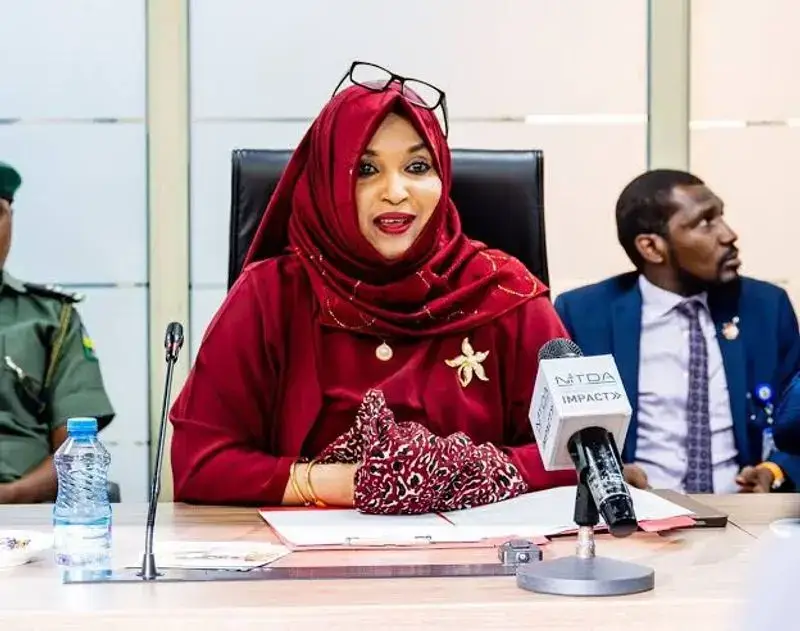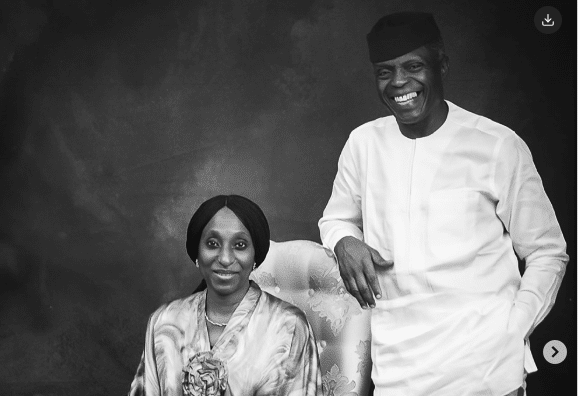The Federal Government’s PharmAccess and the Digital Transformations for Health Lab (DTH-Lab) have moved to create a robust digital health ecosystem that will transition processes from manual records to a digital framework.
The Minister of State for Health, Dr Tunji Alausa, who spoke at the 4th African Digital Health Summit (ADHS), themed: “Digital Transformation of Health Systems: What, Why, How?”, held in collaboration with PharmAccess and (DTH-Lab), emphasised the role of digital health in addressing systemic weaknesses exposed by the COVID-19 pandemic and achieving universal health coverage (UHC). The programme brought together leaders, policymakers, and experts to highlight digital innovations advancing UHC across Africa.
Alausa, explained that digital health solutions can improve patient care, streamline processes, reduce errors, and provide more accurate diagnoses and treatments. He said these solutions can reach underserved populations and enhance healthcare efficiency by reducing costs and optimising resources.
“Under the Bola Tinubu administration, I have been tasked with ensuring the full digitisation of our health system, recognising it as a key enabler to achieving quality healthcare and UHC for all Nigerians,” Alausa stated.
Chief Executive Officer, Premier Medical Systems Consult and Convener of the ADHS, Dr Niyi Osamiluyi, stressed the need for digital transformation in healthcare systems across Africa.
He called attention to the importance of innovation, collaboration, and robust policy frameworks in leveraging digital technologies to enhance healthcare delivery and outcomes across the continent.
During a panel on “Maximising the Benefits of Health Data Through Advancing a Value-Based Approach to Governance and More Robust Legislation,” PharmAccess Country Director, Mrs Njide Ndili, highlighted the importance of data governance and legislation in protecting users while leveraging data for public good.
She stated: “It is important that patients control and enable access to their data as needed, rather than having their data owned and harnessed by developers of digital solutions. There should be laws protecting health data while allowing it to be used and reused for society’s benefit.”
Ndili also emphasised the need for collaboration between governments, private sector players and international organisations to create a robust digital health ecosystem, transitioning from manual records to a digital framework that enables innovations to scale. The forum also hosted the Digital First Health System consultation, engaging 35 young Nigerians in developing a blueprint for future health systems.
Ndili highlighted the significance of including young people’s perspectives in designing and governing Digital-First Health Systems (DFHS), noting their high adoption rates of mobile and digital technologies. “Young people are the highest adopters of mobile and digital technologies; hence, their health priorities need to be captured in the design of digital health technologies,” she said.

 3 months ago
31
3 months ago
31















 English (US) ·
English (US) ·